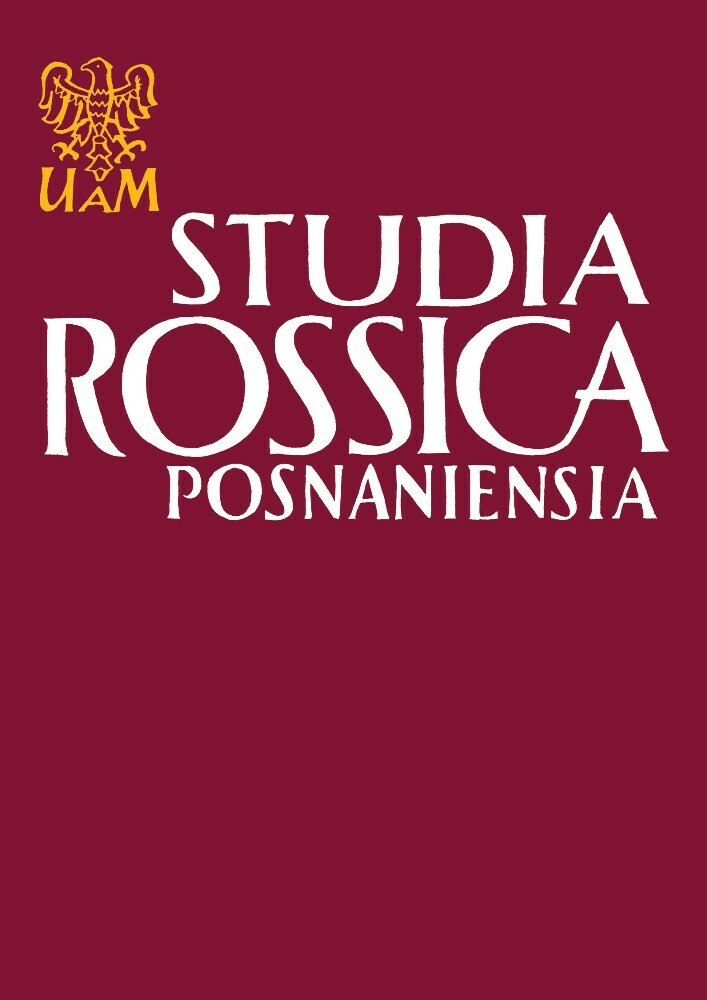Abstract
An increase of interest in the cognitive approach to language studies may be observed in today’s linguistics. The approach appears with a special consideration paid to the anthropocentric and the axiological paradigms. The author of the article pays special attention to the subjective aspect of the concept of time fixed in the Russian and Polish phrases with the lexical components time and day. On the basis of the conducted analysis it can be concluded that time is interpreted through human experience and emotions. In everyday life time is measured by means of various units, including the one defined by the word day. The fact that time is presented anthropomorphically appears conspicuous. Time emerges in language not just as an abstract notion but rather as an active subject, characterized by various semantic and stylistic connotations.Lizenz
Copyright
© 2010 Uniwersytet im. Adama Mickiewicza w Poznaniu
OPEN ACCESS
